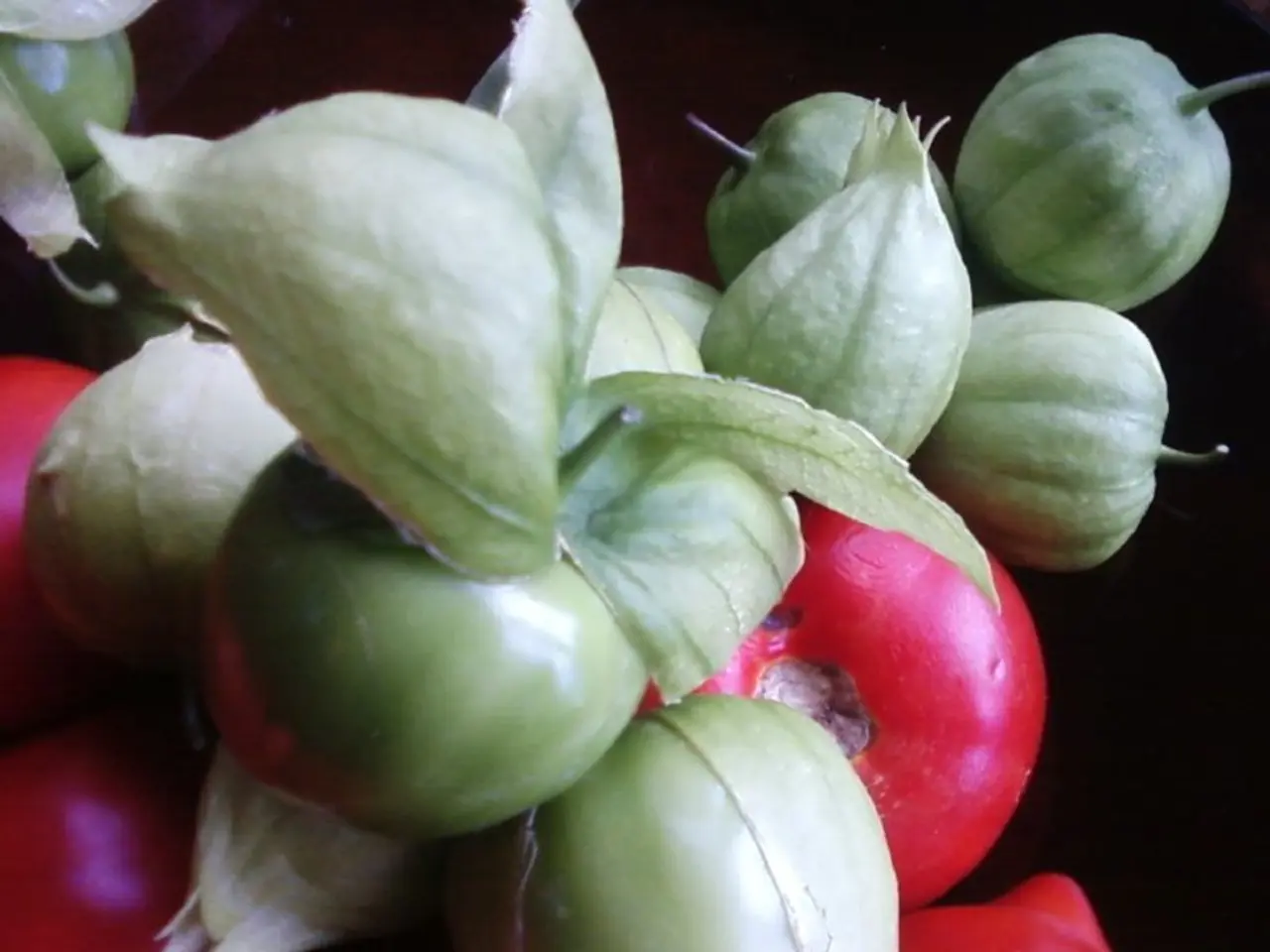India's strategic focus on innovation, research and development, and policy reforms is expected to propel the country towards a $970 million vegetable seed industry by 2030.
India is poised to make a significant leap in the global vegetable seed market, with experts predicting its value to reach $970 million by 2030, growing at a Compound Annual Growth Rate (CAGR) of 4.6%. This optimistic outlook was shared at the National Workshop on 'Role of Vegetable Seed Sector in Making India a Global Seed Hub', organized by the Federation of Seed Industry of India (FSII).
The horticulture sector in India, rich in germplasm and diverse growing conditions, has been identified as a key strength. However, it faces challenges such as policy bottlenecks, underutilized export potential, fragmented landholdings, infrastructure gaps, climate vulnerability, and limited adoption of advanced technologies by smallholder farmers.
To tackle these challenges, the Ministry of Agriculture & Farmers Welfare is taking several steps. These include streamlining licensing, introducing science-based regulatory reforms, enabling digital traceability through the SATHI platform, and investing in modern seed infrastructure. The aim is to ensure farmers get timely access to certified, high-quality seeds with full QR-code-based traceability, helping reduce crop losses, improve productivity, and protect them from spurious inputs.
One of the potential solutions discussed at the workshop is policy reform focused on regulatory streamlining, seed certification, and enhancing export facilitation. This would unlock market potential and support scaling. Strengthening R&D through public-private partnerships to develop high-yielding, climate-resilient seed varieties that cater to diverse agro-ecologies is another key strategy.
Investment in rural infrastructure—improved storage, cold chains, and transport—to minimize post-harvest losses and improve market access is also crucial. Promoting digital and precision agriculture tools to improve seed production efficiency, field management, and monitoring at scale is another solution. Capacity building via skill development programs aimed at rural youth to cultivate expertise in innovative seed technologies and value addition is also important.
The seeds of global leadership in the vegetable seed sector have already been sown in India. Over 300 companies operate in India's formal seed market, contributing 80-85% of the value and investing more than $200 million annually in research. India exports approximately $120 million worth of vegetable seeds annually and, if policy hurdles are addressed, the export of vegetable seeds could double or triple.
The conference concluded with a strong consensus that India must reform fast, innovate continuously, and position itself as the world's most reliable and responsible supplier of high-quality vegetable seeds. Dr P K Singh, Agriculture Commissioner, Ministry of Agriculture & Farmers Welfare, Government of India, stated that India's rise in horticulture, particularly vegetable production, is due to rich germplasm, diverse growing conditions, R&D innovations, and strategic investments.
Moreover, nutritionally enhanced vegetables are addressing hidden hunger by providing essential micronutrients at scale. The Indian vegetable seed market was valued at $740 million in 2023-24. Mr Rajvir Rathi, Vice Chairman of FSII, called for a unified regulatory approach and a "One Nation, One Licence" model for domestic seed registration and a single-window export clearance system.
In summary, the path forward involves tackling existing regulatory, infrastructural, and climate-related bottlenecks while harnessing India’s R&D capacity, agro-biodiversity, and digital tools to scale up seed production and exports effectively. If India successfully addresses these challenges through coordinated science-driven innovation, strategic policymaking, and infrastructure development, it could become the next major hub for the global vegetable seed market.
- The horticulture sector in India, with its rich germplasm and diverse growing conditions, offers significant potential for the global vegetable seed market, which experts predict will reach $970 million by 2030.
- To capitalize on this opportunity, addressing challenges such as policy bottlenecks, underutilized export potential, fragmented landholdings, infrastructure gaps, climate vulnerability, and limited technology adoption by smallholder farmers is crucial.
- The Ministry of Agriculture & Farmers Welfare is taking steps to overcome these obstacles, including streamlining licensing, introducing science-based regulatory reforms, investing in modern seed infrastructure, and promoting digital traceability.
- Other strategic moves include policy reform focused on regulatory streamlining, seed certification, and enhancing export facilitation, strengthening R&D through public-private partnerships, and investing in rural infrastructure to minimize post-harvest losses and improve market access.
- Capacity building via skill development programs aimed at rural youth to cultivate expertise in innovative seed technologies and value addition is also vital.
- The Indian vegetable seed market, currently valued at $740 million, could become the next major hub for the global vegetable seed market if it successfully addresses these challenges through coordinated science-driven innovation, strategic policymaking, and infrastructure development.




